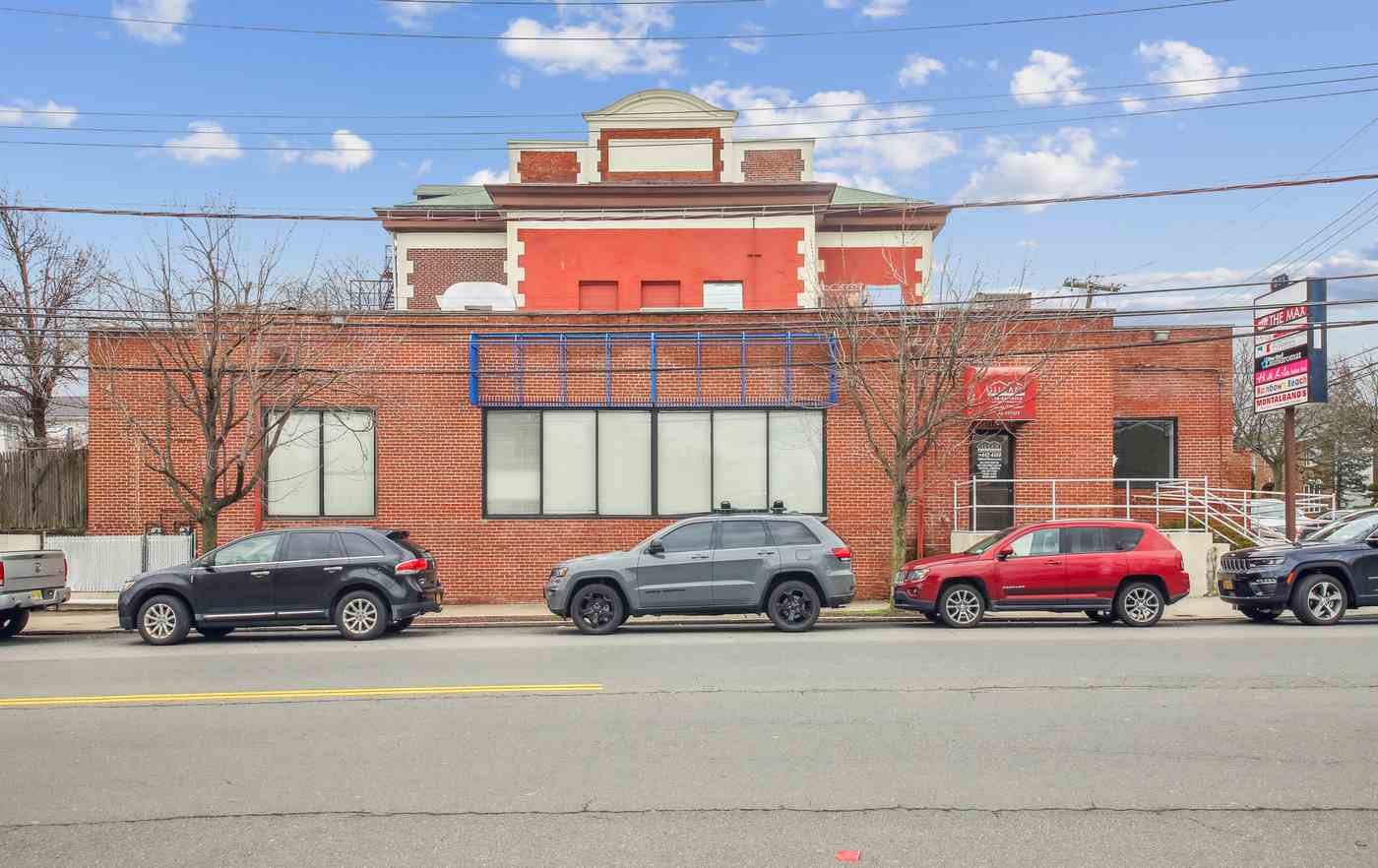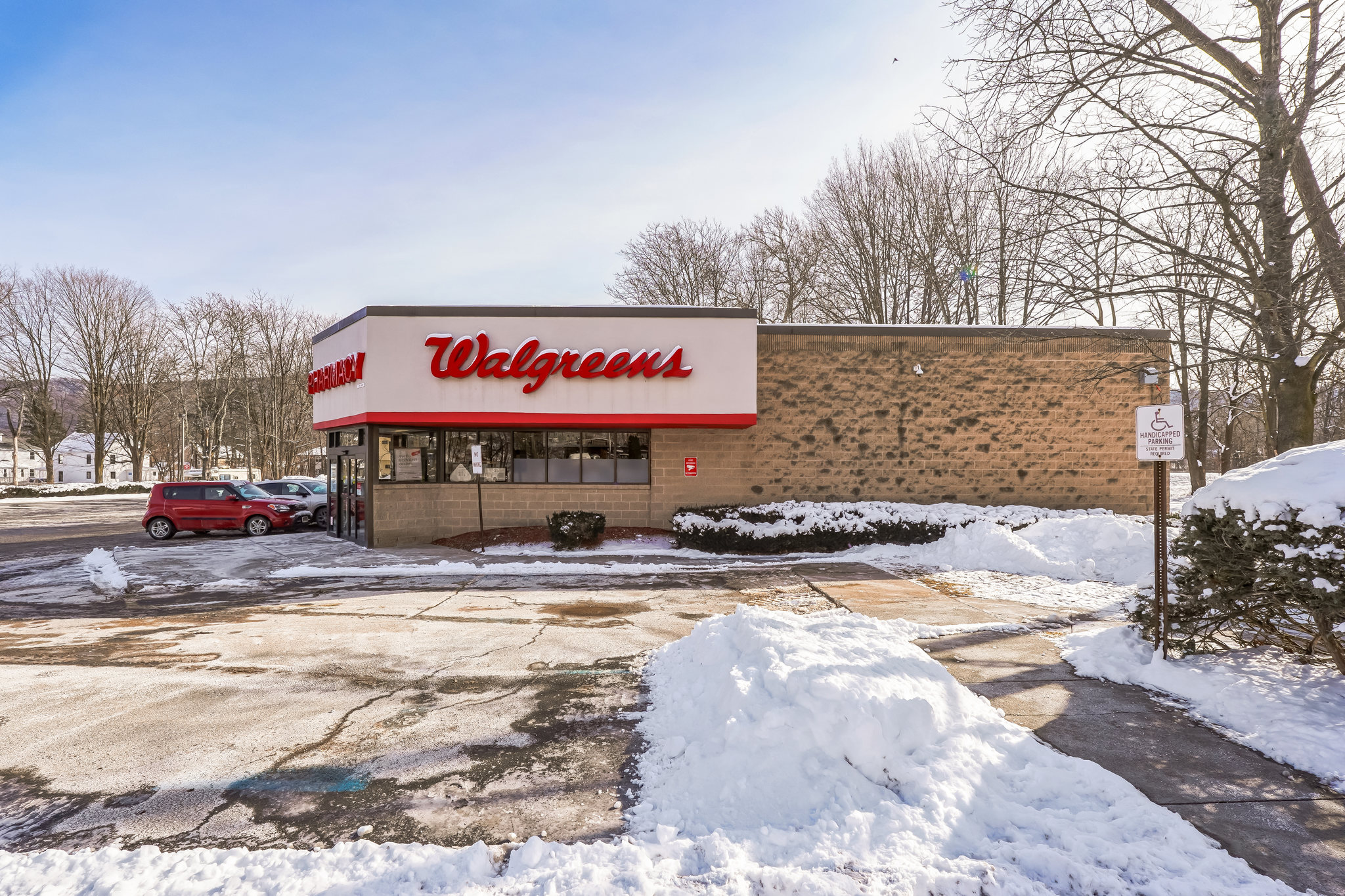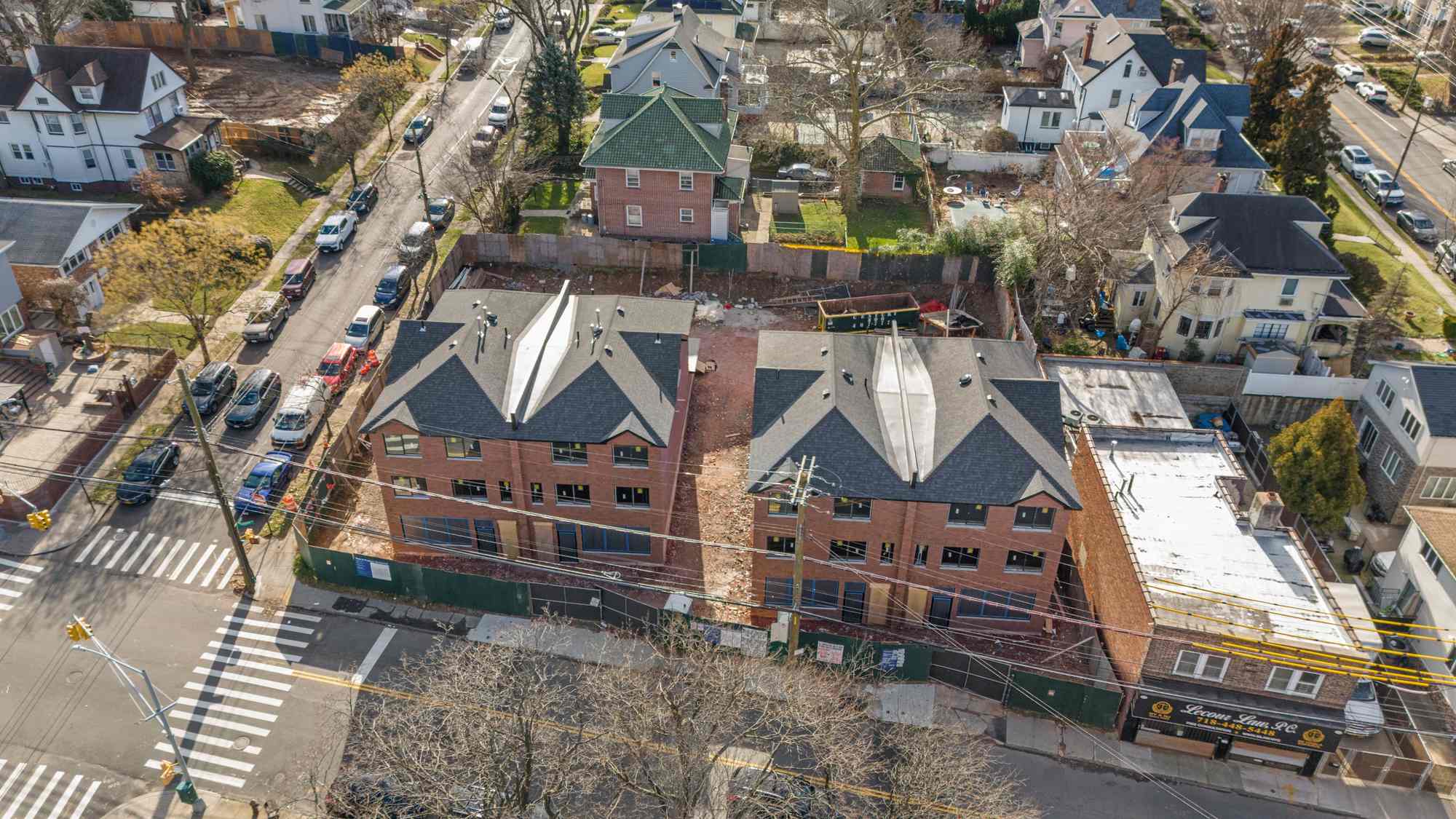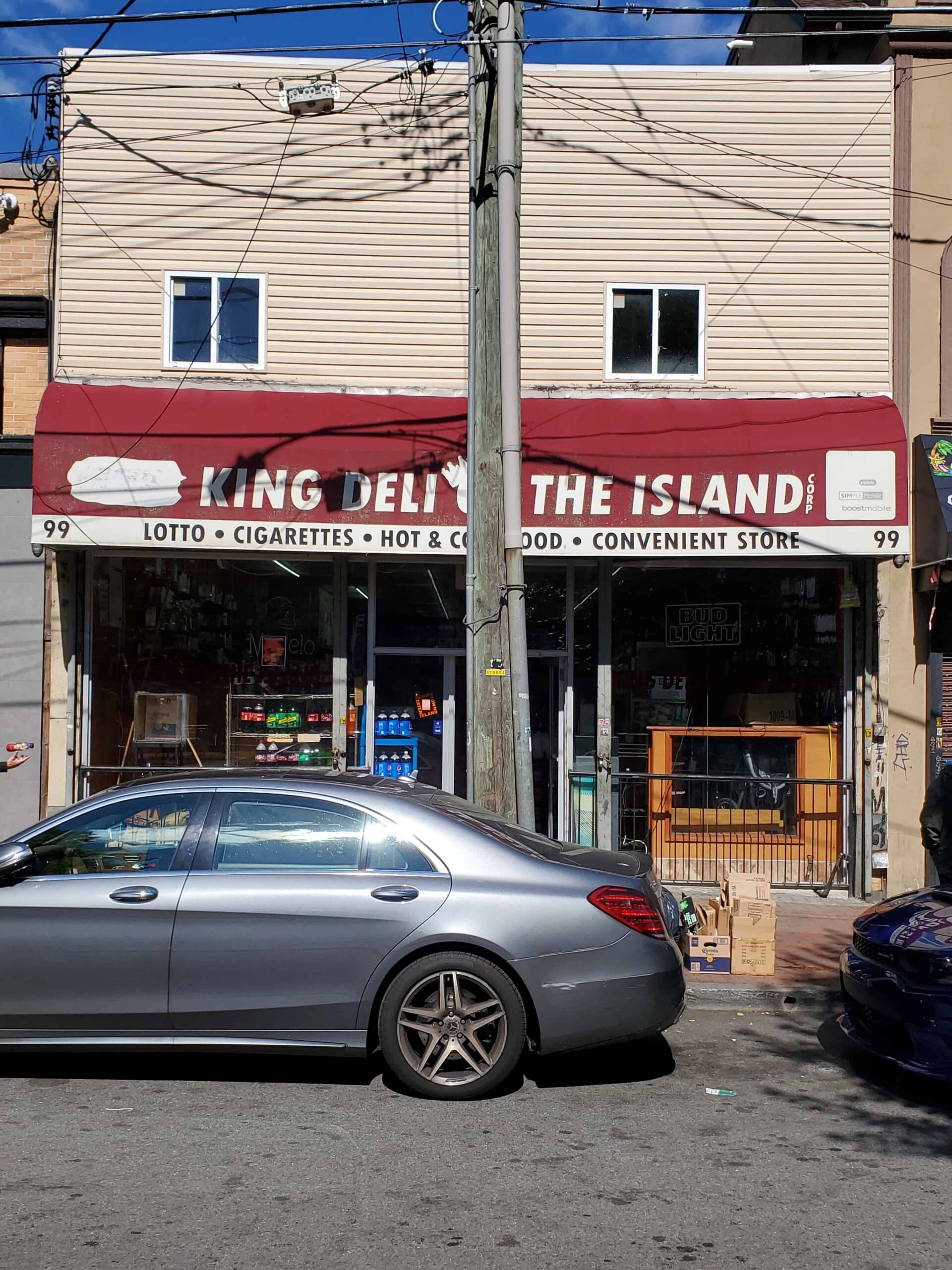OPTION TO BUY
A tenant (s) may want their contract to include an option to buy the property down the road. This may apply whether this is a single-tenant or multi-tenant property situation. If so, you will definitely want to include specific details and terms under which the tenant could potentially purchase the property in addition to the price you can expect, providing you decide to sell. The Option to Buy is typically performed at the conclusion of the original leasing terms.
If this is a multi-tenant property, you may have inclination to sell the commercial property. To avoid unsavory situations at the termination of the lease agreement, it’s important to keep an eye (or two) on the fine print.
LANDLORD REPRESENTATIVE
The decided Landlord Representative will act as the leasing agent for the property. The agent represents and takes care of the interests of the landlord. As an owner of a multi-tenant property, your Landlord Representative will become your most important ally and ultimately your best friend, so doing your due diligence in choosing the right candidate for this position would be in your business’ best interest. It is the responsibility of the Landlord Representative to get you the highest amount of rent while making sure the expense to the landlord is kept to a minimum. This individual in this position is the one negotiating with your tenant’s representative on your behalf, so keeping a line of trust with your Landlord Representative is of major importance to make sure they have your company’s best interest in mind at all times. The will be the point person to draft the agreement, handle security deposits, tenant improvement allowances, and more while optimizing rental costs. Choosing the wrong Landlord Representative can become more of a liability to you than anything, so be careful!
RIGHT OF EXPANSION
You may include a Right of Expansion clause within your leasing contract. If this is the case, the landlord accepts the liability to provide additional space for leasing prior to presenting it to the general public. In this situation, you are liable to lease additional space to such a tenant. Expansion requests may not become an issue within some spaces, however the more tenants you have within the commercial property, the more Right of Expansion within a lease agreement can become a compound issue among multiple tenants. However, if this is manageable, you can increase the contract with the tenant and form a new agreement.
COMMON AREA MAINTENANCE (CAM) FEES
The Common Area Maintenance (CAM) Fees are the fees spent on maintenance within shared areas including hallways, stairways, public restrooms, parking lots, lobbies, sidewalks, and more. As the landlord, you’ll need to figure out how the CAM fee is to be calculated per tenant. All tenants can have varying needs and you’ll need to be equipped to communicate concisely how CAM fees may influence each individual leasing contract.
You should consider consulting with clients to discuss the common areas they may make use of within their lease. To best achieve this, plan a meeting to connect with the tenant and their real estate agent to review and outline expectations of usage in the form of a written proposal. You want to approach this from a partnership perspective with the goal for you and your tenant to get on the same page when developing the lease agreement.
By: Robert Nixon
For more information contact Rob at Rob@CasandraProperties.com or call 718.816.7799.







Leave a Comment